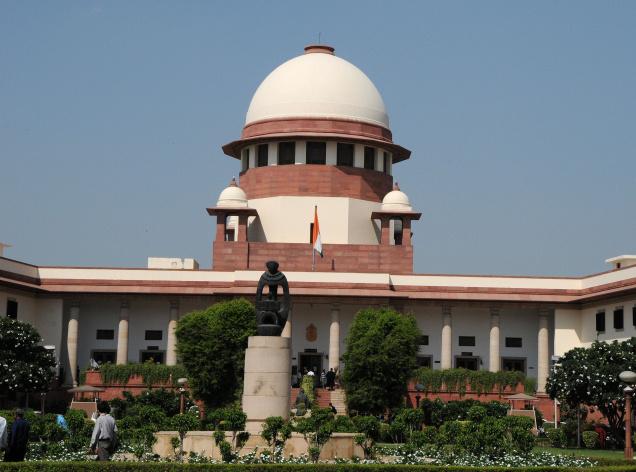In a move that is sure to find favour with freedom advocates, and generally anyone with a decent IQ, the Supreme Court of India has struck down Section 66 A of the Information and Technology Act, which allows police to arrest people for posting “offensive content” on the internet. The act has been the subject of intense debate over the last few years, especially after social media sites began proliferating in India.
The controversial Section 66A act prescribes the punishment for sending “offensive’ messages through computers or any other communication device such as a mobile phone or a tablet, and a conviction can fetch a maximum of three years in jail.
According to the act, any person who sends, by means of a computer resource or a communication device,-
(a) any information that is grossly offensive or has menacing character; or
(b) any information which he knows to be false, but for the purpose of causing annoyance, inconvenience, danger, obstruction, insult, injury, criminal intimidation, enmity, hatred or ill will, persistently by making use of such computer resource or a communication device,
(c) any electronic mail or electronic mail message for the purpose of causing annoyance or inconvenience or to deceive or to mislead the addressee or recipient about the origin of such messages, shall be punishable with imprisonment for a term which may extend to three years and with fine.
In its ruling, the SC said the public’s right to know is directly affected by Section 66 A and the Section clearly affects the right to freedom of speech and expression enshrined under the Constitution of India. Further, the court stated that Section 66 A was unconstitutional because it failed two major tests – the clear and present danger test and the tendency to create public disorder test. The court also found the language used in the Section vague and nebulous saying it doesn’t properly define words like ‘offensive’ or even ‘persistent’.
The court, however, allowed the government to block websites if their content had the potential to create communal disturbance, social disorder or affect India’s relationship with other countries.



